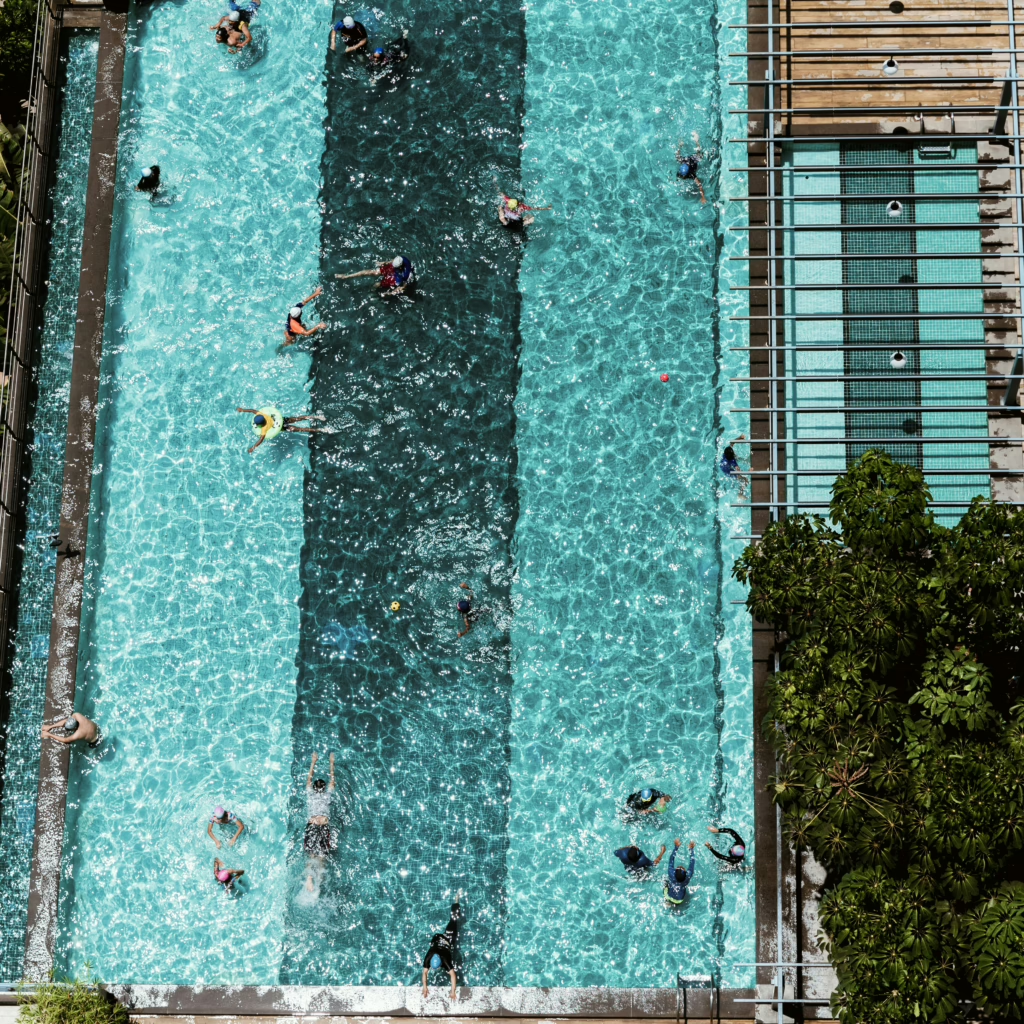Your pool pump is the heart of your pool system, circulating water to keep it clean, clear, and safe for swimming. Over time, pumps can experience issues like clogs, leaks, or motor failures. When these problems arise, the idea of tackling repairs yourself can seem appealing. DIY pool pump repair often promises savings on labor costs and the satisfaction of fixing the issue on your own.
However, before diving into DIY repairs, it’s essential to understand the risks, rewards, and limitations of taking matters into your own hands. While some issues may be manageable, others require professional expertise to avoid further damage, safety hazards, or costly replacements. If you’ve been searching for pool pump repair near me, this guide will help you decide when a DIY approach is appropriate and when to call in the pros.
Common Pool Pump Problems
Understanding the nature of your pool pump problem is the first step in determining whether you can handle it yourself. Here are some of the most common issues pool pumps face:
1. Clogged Pump Basket or Impeller
Debris like leaves, dirt, and hair can clog the pump basket or impeller, reducing water flow and causing the pump to work harder. This issue is relatively simple to fix with basic cleaning and maintenance.
2. Leaks Around the Pump
Leaks are often caused by worn-out O-rings, gaskets, or loose fittings. While replacing an O-ring is straightforward, identifying the source of a persistent leak can sometimes be tricky.
3. Noisy Bearings
Grinding or screeching noises usually indicate worn-out bearings in the motor. Replacing bearings requires specialized tools and experience, making this a repair best left to professionals.
4. Motor Failures
If your pump fails to turn on, shuts off frequently, or trips the breaker, it could be an electrical issue or a failing motor. These problems involve wiring and require a skilled technician for safe repairs.
By identifying which problems are minor and which are more complex, you’ll know when it’s safe to proceed with DIY repairs and when to seek professional help.
Pros of DIY Pool Pump Repair
For pool owners who are comfortable with tools and troubleshooting, there are clear benefits to handling minor repairs on your own:
1. Cost Savings on Labor
One of the biggest advantages of DIY repairs is saving money on professional labor costs. By fixing simple issues like clearing a clog or replacing an O-ring yourself, you can avoid service fees and keep your pool pump running without breaking the bank.
2. Convenience of Immediate Action
When your pool pump acts up, waiting for a professional appointment can be frustrating, especially during peak swimming season. DIY repairs allow you to address minor problems immediately and get your pool back in action faster.
3. Learning Opportunities for Pool Owners
Handling basic repairs yourself gives you a deeper understanding of how your pool pump works. This knowledge can help you identify issues earlier in the future and perform better preventative maintenance, saving you time and money in the long run.
Cons of DIY Pool Pump Repair
While DIY repairs can offer short-term benefits, they also come with risks and challenges that pool owners need to consider:
1. Lack of Proper Tools and Expertise
Pool pumps are complex systems that require specific tools and technical know-how to repair correctly. For example, removing and replacing bearings or seals involves disassembling the pump motor, which can be difficult without experience. Using the wrong tools or techniques may lead to further damage or incomplete repairs.
2. Potential for Further Damage
What starts as a small problem can quickly escalate if repairs are done incorrectly. For example, overtightening fittings can cause cracks, or misdiagnosing an issue could result in costly motor damage. Without the proper knowledge, DIY fixes may do more harm than good, leading to higher repair bills down the line.
3. Safety Risks
Working on a pool pump involves electrical components and water—a dangerous combination if mishandled. Tasks that require rewiring, testing circuits, or dealing with faulty motors carry the risk of electrical shock. Without proper safety precautions and experience, you could be putting yourself at risk.
4. Voiding Warranties
Many pool pump manufacturers provide warranties that are only valid if repairs are performed by a certified professional. Attempting DIY repairs could void your warranty, leaving you to pay out-of-pocket for replacements or additional repairs.
When DIY Is Appropriate vs. When to Call a Pro
Not all pool pump repairs are created equal. Knowing your limits can save you time, money, and frustration.
DIY-Friendly Repairs
There are a few tasks that most pool owners can safely and confidently handle on their own:
- Clearing debris from the pump basket or impeller.
- Replacing worn-out O-rings and gaskets.
- Tightening loose fittings to fix small leaks.
- Resetting tripped breakers or ensuring the pump is primed properly.
These repairs require minimal tools and carry little risk when handled carefully.
When to Call a Professional
For more complex problems, hiring a professional is the safest and most effective option. Call a technician if you experience:
- Electrical issues, such as frequent breaker trips or motor failures.
- Persistent leaks that aren’t fixed with new O-rings or fittings.
- Noisy bearings or other motor-related problems.
- Complete pump breakdowns or low water flow that isn’t caused by visible clogs.
Professionals have the training, tools, and experience to diagnose issues accurately, perform safe repairs, and extend the life of your pool pump.
If your pool pump isn’t working as it should, don’t wait. Contact Cabana Pools for fast, professional service. Our team is ready to restore your pump’s performance and keep your pool running smoothly.
Final Thoughts
While DIY pool pump repair can be a great option for handling simple tasks like clearing clogs or replacing seals, it’s important to know your limits. Attempting complex repairs without the proper tools or expertise can lead to safety risks, further damage, and higher repair costs.
If you’re unsure about the repair or facing persistent issues, it’s time to search for pool pump repair near me and call in a trusted professional. At Cabana Pools, our experienced technicians are here to provide fast, reliable repairs to keep your pool pump running smoothly. Contact us today to schedule your service and get your pool back in perfect condition!



